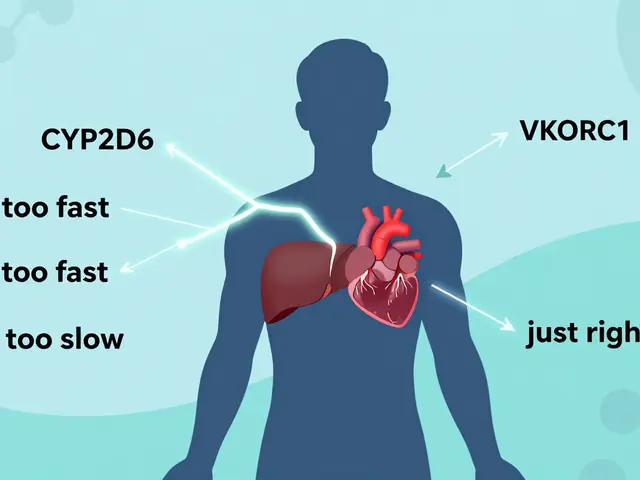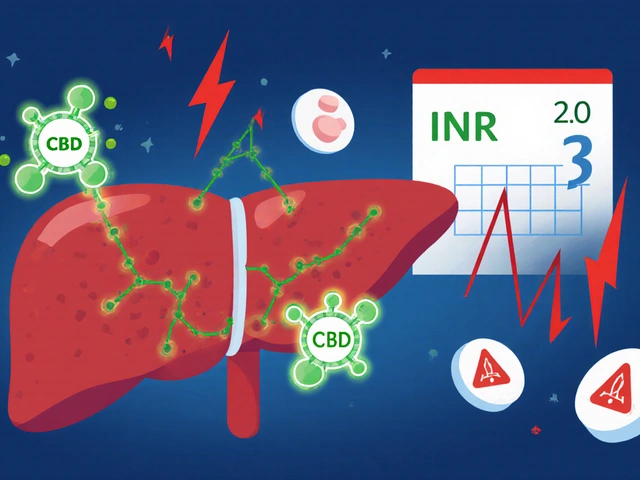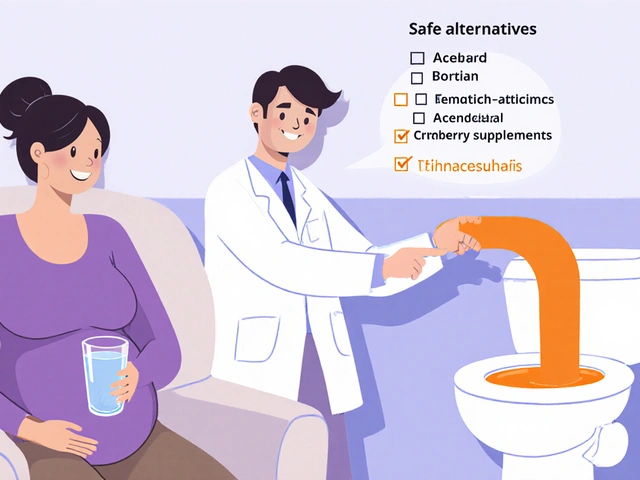Antimicrobial Options: Quick Guide to Choosing the Right Treatment
When an infection shows up, the first question is: which drug will clear it up? The answer isn’t always a simple "take a pill." Different germs need different weapons, and growing resistance makes the choice even more important. This guide breaks down the main antimicrobial families and gives you real‑world tips to pick the one that fits your situation.
Types of Antimicrobials
Antimicrobials are a broad group of medicines that stop or kill microbes. They include:
- Antibiotics – target bacteria. Common examples are amoxicillin, doxycycline, and ciprofloxacin.
- Antivirals – work on viruses. Think of oseltamivir for flu or acyclovir for herpes.
- Antifungals – fight fungal infections like athlete’s foot or candidiasis. Fluconazole and terbinafine are typical choices.
- Antiparasitics – used for parasites such as malaria or intestinal worms. Examples are metronidazole and ivermectin.
Each class attacks a specific type of microbe, so knowing the cause of your infection is the first step. If you’re not sure, a doctor’s test can tell you whether a bug is bacterial, viral, or something else.
How to Pick the Best Option
Here’s a quick checklist you can run through before you start a new prescription:
- Identify the microbe. A lab test or a clear symptom pattern will point you to the right class.
- Check resistance patterns. Some bacteria, like MRSA, are resistant to many standard antibiotics. Look for local resistance data or ask your doctor what’s working in your area.
- Consider side effects. Everyone reacts differently. If you’ve had stomach upset with a drug before, ask for an alternative.
- Think about drug interactions. List all the meds you’re taking and see if the new antimicrobial could clash with them.
- Look at cost and accessibility. A cheaper generic can be just as effective as a brand‑name version. Your pharmacy may have a list of affordable options.
When you have this info, you can talk to your doctor with confidence. Ask why they chose a particular drug, what the plan is if it doesn’t work, and what signs mean you should stop the medication.
Remember, taking the full course is crucial. Stopping early can let the microbe survive and become resistant, making future infections harder to treat. Even if you feel better after a few days, finish the prescribed amount unless your doctor tells you otherwise.
If you’re dealing with a recurrent infection, keep a short log of what medicines helped, how long they took, and any side effects you noticed. This record can speed up future decisions and help your health provider avoid repeats.
Bottom line: antimicrobial options are more than a list of pills. They’re tools that need the right match, the right dose, and the right timing. Use the checklist, stay aware of resistance, and always finish the course. With that approach, you’ll beat most infections without unnecessary complications.
Vibramycin, a common antibiotic, has various alternatives for those considering different treatment options. From natural remedies like garlic to other medications, understanding the pros and cons is crucial. This article delves into each alternative's benefits and drawbacks, offering readers a well-rounded look at their choices. It's designed to help individuals make informed decisions about their health needs.



 Medications
Medications




